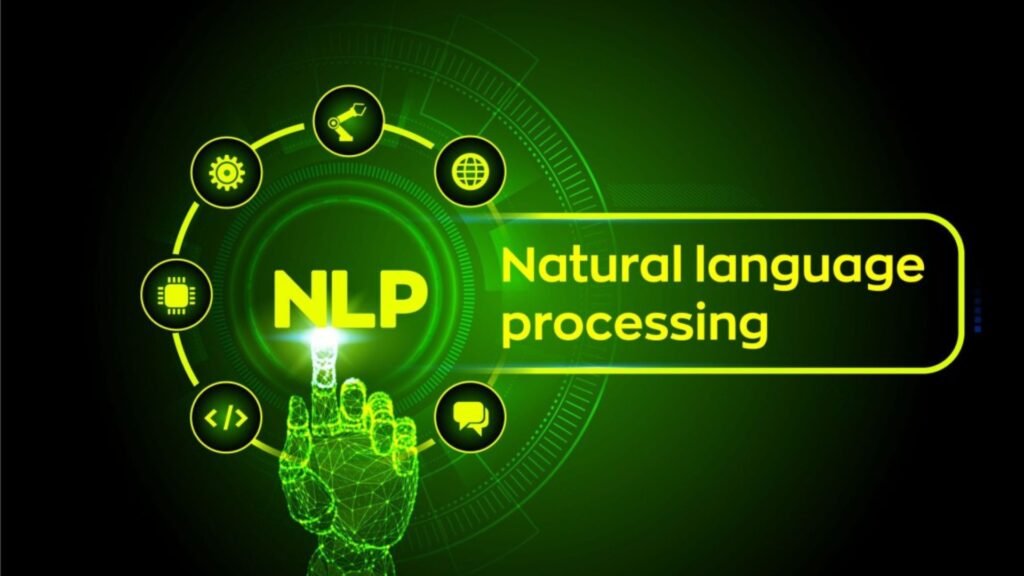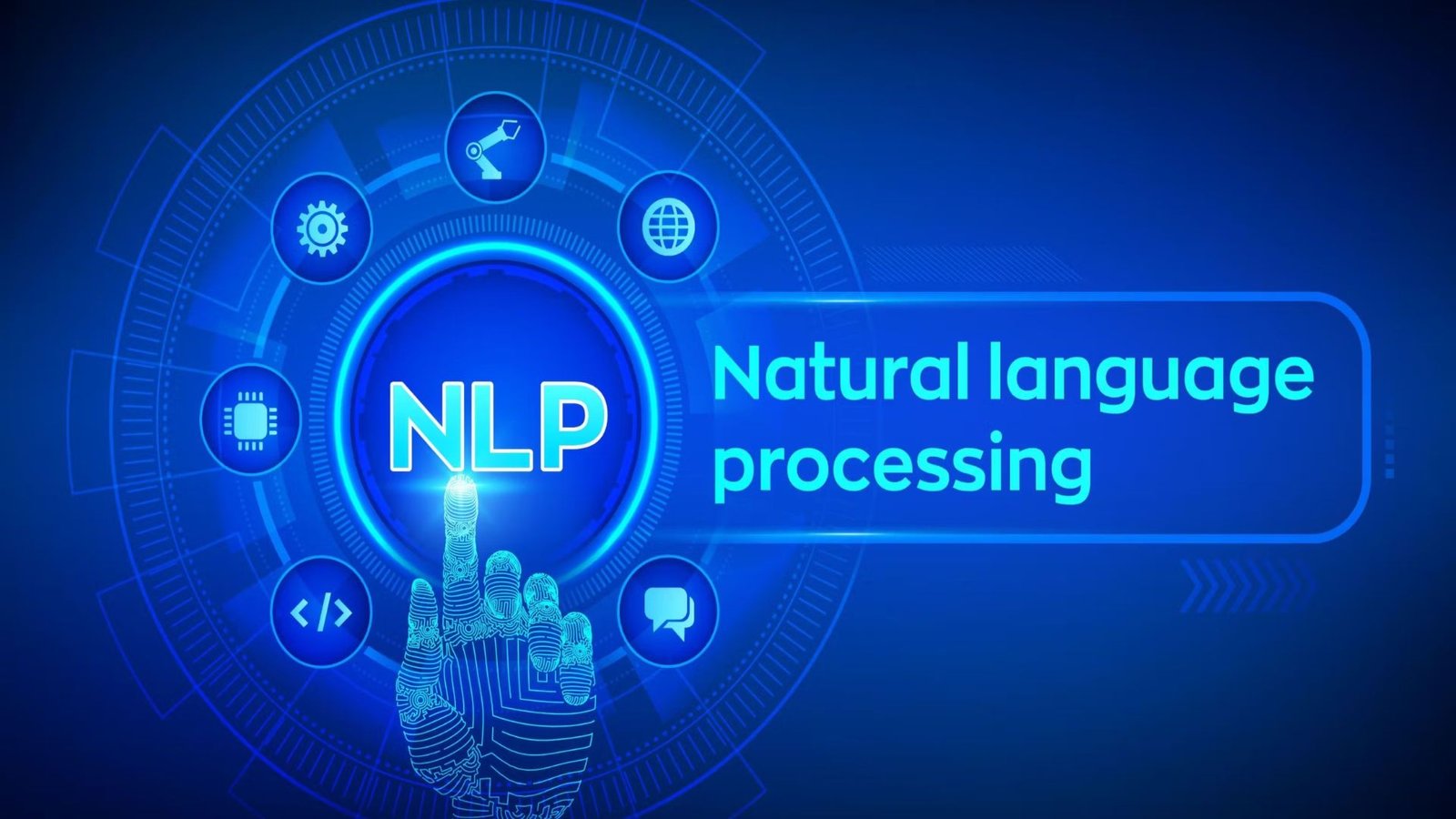Understanding the Principles of Natural Language Processing
Natural Language Processing (NLP) is a field of artificial intelligence that focuses on enabling computers to understand, interpret, and generate human language in a way that is both meaningful and useful. Here are some key principles that underpin NLP:

Tokenization
This process involves breaking down text into smaller units, typically words or sentences (tokens), which are easier to process. Tokens are the basic building blocks used in NLP tasks.
Syntax and Grammar
Understanding the structure and rules of language is crucial for NLP. This includes parsing sentences to identify parts of speech, phrases, and grammatical relationships.
Semantics
Beyond syntax, NLP aims to understand the meaning of words and how they combine to form meaningful expressions. This involves tasks like word sense disambiguation and understanding context.
Named Entity Recognition (NER)
Identifying and classifying named entities such as names of people, organizations, dates, and locations within text is essential for many NLP applications.
Sentiment Analysis
This involves determining the sentiment or opinion expressed in a piece of text, which is valuable for applications ranging from social media monitoring to customer feedback analysis.
Machine Translation
NLP enables the automatic translation of text from one language to another, employing techniques such as statistical modeling and neural networks.
Information Retrieval
NLP techniques are used to retrieve relevant information from large collections of text, such as search engines indexing web pages or databases.
Text Generation
NLP models can generate human-like text based on input prompts, which is useful for applications like chatbots, automated content creation, and summarization.
Speech Recognition and Generation
NLP techniques are applied to understand spoken language (speech recognition) and generate spoken responses (speech generation), enabling applications like virtual assistants.
Ethical Considerations
Given the potential impact of NLP on society, ethical considerations such as bias in language models, privacy concerns, and ensuring fairness in automated decision-making are increasingly important.
These principles form the foundation for a wide range of applications that leverage NLP to process, analyze, and generate human language data, driving advancements in fields like healthcare, finance, education, and beyond.


